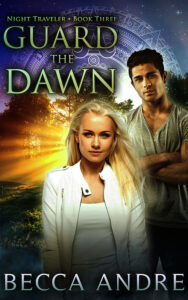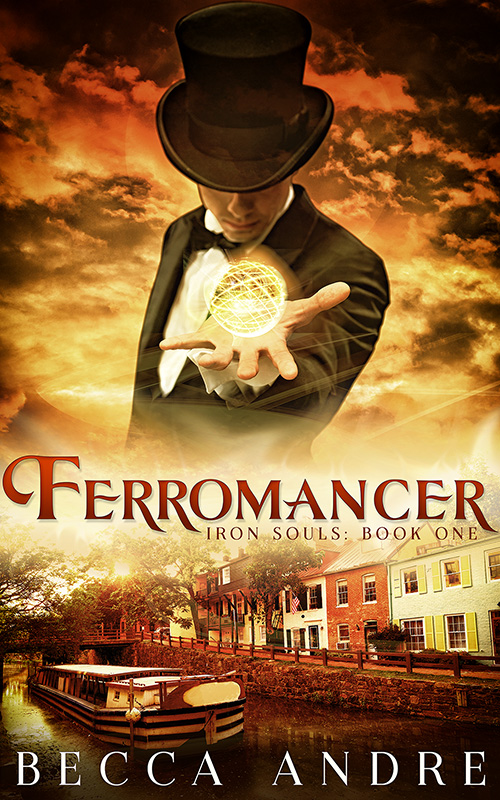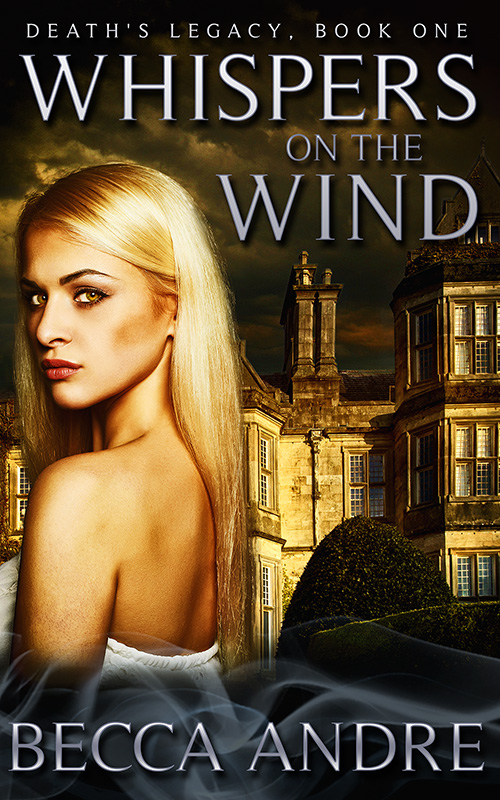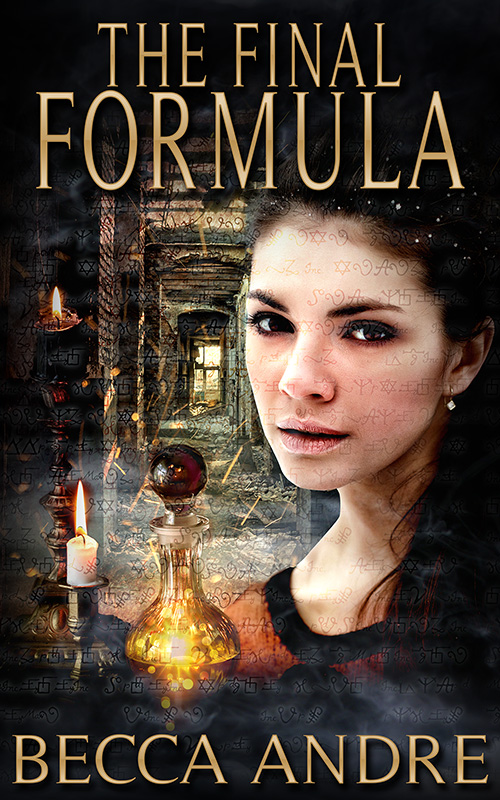Better With Age: Maturing as a Writer
Posted by Becca on Sep 11, 2015 in Writing | Comments Off on Better With Age: Maturing as a Writer
 Aging is a gradual process. It’s not something you really notice until something changes. As a kid, you’ll pull on a pair of pants you wore last week, and they’re suddenly too short. As an adult, you realize it’s becoming harder and harder to make out the text on a page unless you find that perfect focal point. (No, I do not need bifocals. That’s what old people wear.) But it’s not just our physical bodies that change.
Aging is a gradual process. It’s not something you really notice until something changes. As a kid, you’ll pull on a pair of pants you wore last week, and they’re suddenly too short. As an adult, you realize it’s becoming harder and harder to make out the text on a page unless you find that perfect focal point. (No, I do not need bifocals. That’s what old people wear.) But it’s not just our physical bodies that change.
As I’ve mentioned several times before, I have another series that I’ve been writing since I was in my teens. It currently stands at ten novels and lots of partials stories. One of these days, I would love to get this series off my shelf and out into the world, but it’ll take some work. The other day, I decided to start the process by creating the working file and importing some of the original book one. I couldn’t help reading it as I did, and oh my goodness, was it bad! It was so…childish.
The immaturity of this first book really surprised me. I expected to find poor examples of the craft: bad grammar, passive voice, etc. (And I did.) But I thought the story itself would hold up to a certain extent. In my mind, it was still the great tale I wrote when I was in my late teens/early twenties. Now I still dig the premise, the basic plot, and the characters, but the execution…ugh. I’m so glad I didn’t publish anything back then. I had to mature as a writer.
Now that’s not to say that there aren’t some incredible young writers out there. Young folks who can tell a story in a mature, insightful fashion. Me? Nope. I didn’t have the skill back then. There’s some debate as to whether I have it now. I still get an occasional reviewer who calls my characters juvenile. And since my characters are me (read my last post on write what you know), does that mean I’m young at heart? 😛
This whole experience got me thinking. (Yeah, scary I know.) What is mature writing? Why do my characters from twenty years ago act so childish compared to the characters I write now? And clearly, the whole concept is subjective if I feel a character’s actions are mature while someone else doesn’t. So what is this elusive concept of maturity?
My first consideration was the age of the character. You have to be true to your character. If he’s seventeen, he’s going to act like it with all the angst and worries of a seventeen-year-old. But I’ve read some excellent young adult stories that didn’t devolve into a soap opera. How did the writer do that?
After some brainstorming, I decided that it’s the character’s reactions to the events going on around him and not his actual age that makes the writing feel mature. If he’s busy noting the eye color of the girl trapped in the burning building with him, instead of paying attention to the roof about to collapse on their heads…the writing feels immature to me. Or if the character is cracking jokes at inopportune times, I just can’t take him or the situation seriously. His story becomes trivial and juvenile.
These two examples are a good place to start. The way the romantic elements and the humorous ones are handled in a story can really influence how mature a book feels—both in the books I read and the ones I write. The romance and humor are probably my favorite parts, and I can be just as guilty about handling them poorly as anyone else. Sometimes it’s hard to balance the different aspects of a story properly. It takes discipline to keep the smartass comebacks and longing stares in check.
Wait. I think I’m onto something here. But let me dig a little deeper…
Let’s start with the romance. I love romance in my stories, but I prefer it as a subplot, important, but understated. (This is a totally subjective, personal preference here. Adjust it to your own tastes, but I think even the hottest romance novels can be more mature, more real if the various story elements are balanced properly.) Take our burning building example. The guy your character is crushing on gives her his hand while crossing an unstable floor. Would she notice that he gave her his hand? I would say yes, on some level she would notice. Now would she be describing the warmth and texture of his palm while the floor is falling away beneath her feet? Um, no. She might only register the hand holding on a subconscious level, but she would certainly analyze it later, when the danger is past.
How about the dialogue between characters? I’m still thinking in terms of the romance here, but it can apply to any dialogue exchange. Arguments are great fun and great for your story. It ups the tension, especially the romantic tension. But you need a legitimate reason for your characters to go at it. I roll my eyes when my kids argue over something trivial. I have the same response when a character becomes super bitch because her man smiled at the waitress when she brought the bill. Now if he has a history of flirting with every woman who looks at him twice, then there’s a reason. Sic him. Otherwise, spare me. It’s childish.
For me, I find humor to be one of the toughest to balance. I’m a smartass at heart, though I usually internalize it. I find humor in everything and have a hard time taking anything but the most dire circumstances serious. So keeping my characters from making such comments in serious situations is haaard. That’s not to say that humor doesn’t have its place. The tension must be released from time to time or the story is just too painful to read. But a joke in the wrong place kills the seriousness of the moment and makes it seem trivial. If the character isn’t taking the situation seriously, how can the reader?
I could probably come up with other examples, as well as elaborate on the subtle nuances within the examples I did use, but I think I’ve made my point. I’ll stop now.
To sum it up, I believe that mature writing is not only about balancing the various story elements (e.g. romantic interest versus immediate danger), but also having the discipline to maintain that balance. That’s what I’ve gained over the years: discipline. I could write decent romantic tension and snappy dialogue back then, but I wasn’t very good about knowing when to use it. So, maybe some things really do get better with age. *squints at screen* Unfortunately, eyesight isn’t one of them.




